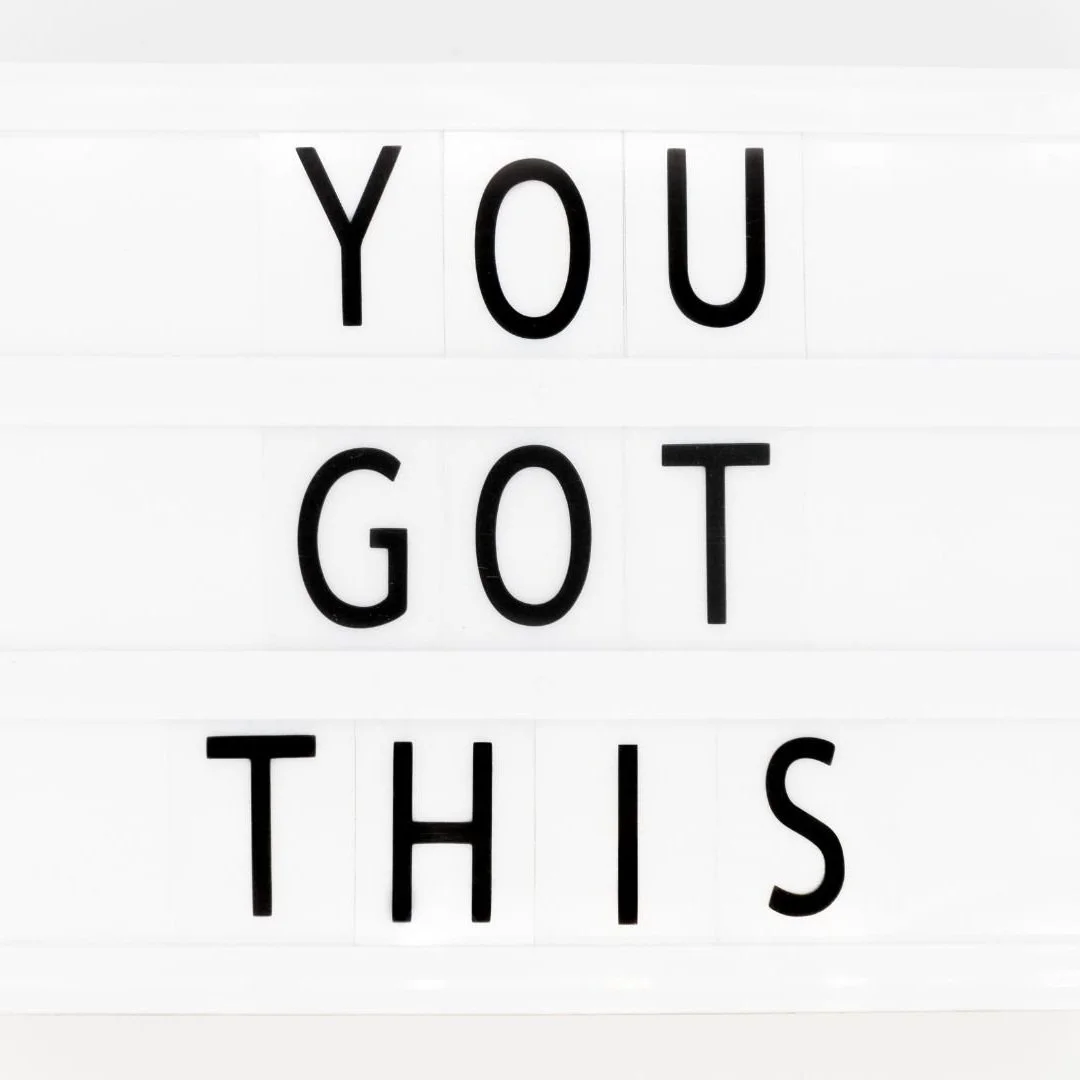How to Write a Self-Help Book Conclusion
You’ve guided your reader through a process leading to a transformation.
Now it’s time to write that dreaded conclusion for your self-help book.
So many authors get tripped up. Don’t know what to write or how to end a self-help book?
Here are 6 can’t-miss author tips on how to write self-help book conclusions.
The conclusion to your book needs to leave readers feeling transformed, empowered to continue (or maintain) their success, and part of a community.
1. First, you will need a chapter hook.
Grab the reader’s attention, just like you’ve done at the beginning of every other chapter.
You might start by painting a vision of success (more on that later). With a quote.
Or by directly addressing and speaking to the reader, like you would talk to a friend.
You can return to a story or quote from the introduction.
Or you can jump right in to the tie-it-all-together stuff.
Whatever you do, don’t make it dull.
2. You’ll need to tie it all together.
Briefly summarize the journey you have taken the reader on in the book. What did they learn, why does it matter, and how did they do it?
It’s okay to summarize the chapters one at a time, but don’t sound robotic in doing so. You don’t need to write, “In chapter 3, you learned to . . .” or “In chapter 5 I showed you how to . . .”
Around 1,000 words—three or four pages—will do.
What problem did they solve or what transformation did they achieve, and how did they do it?
Are you ready to self-publish?
Save time and missteps with a clear punch list.
Have everything ready to go before you self-publish your book.
Snag a copy of the “Get Ready to Self-Publish” punch list—for American nonfiction authors—
with links to essential author resources for you.
3. Then, paint a picture of what life looks like (or can look like) once they have completed the process or the transformation.
You might include success stories. Remind them that the system laid out for them works.
Or you might paint a generic picture of what life looks like for them now that they’ve implemented the process or the steps described.
4. Give them the tools they need to succeed.
Direct them to additional resources or exercises within or in the back of the book.
(You might have chapter summaries in bullet-list form, challenges or exercises to complete, further reading or viewing, or questions for further reflection.)
You can also ask them to visit your website to access additional resources or to learn about events and workshops you’re putting on.
5. Include, in your self-help book’s conclusion, a call to action.
That might be visiting your website, signing up for your email list, following you on social media, booking you for a speaking gig, leaving a review, telling others about the book, or something else.
If nothing else,
invite them to “Join my community” . . .
Which means joining your email list or a private social media group or coaching group.
By inviting them to connect with your brand and join a larger movement, you’re connecting them with a supportive network of like-minded individuals with shared challenges and goals.
6. Don’t be too wordy.
Book conclusions are generally shorter than the chapters of your book.
As a developmental editor for nonfiction authors, my rule of thumb is this:
For a nonfiction book, your introduction and conclusion combined ought to be about the length of an average chapter, maybe a slight bit longer.
If your book is, say, the typical word count for a self-help book, around 60,000 words, then the ideal word count for a self-help book conclusion might be 3,000 to 4,000 words. (For my popular article on the ideal word count for nonfiction books, click here.)
But it depends on how many chapters and how many words you have overall. For a shorter book, you’d have a shorter conclusion.
In sum,
Your reader should be excited, inspired, reminded of what they learned, ready to put it into action (or keep their momentum going), and easily able to tell a friend or loved one all about the book, all while seeing a little of your personality.
If you can pull that off, my author friend, then you have a great self-help book conclusion.

